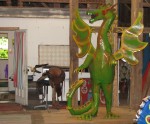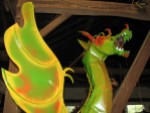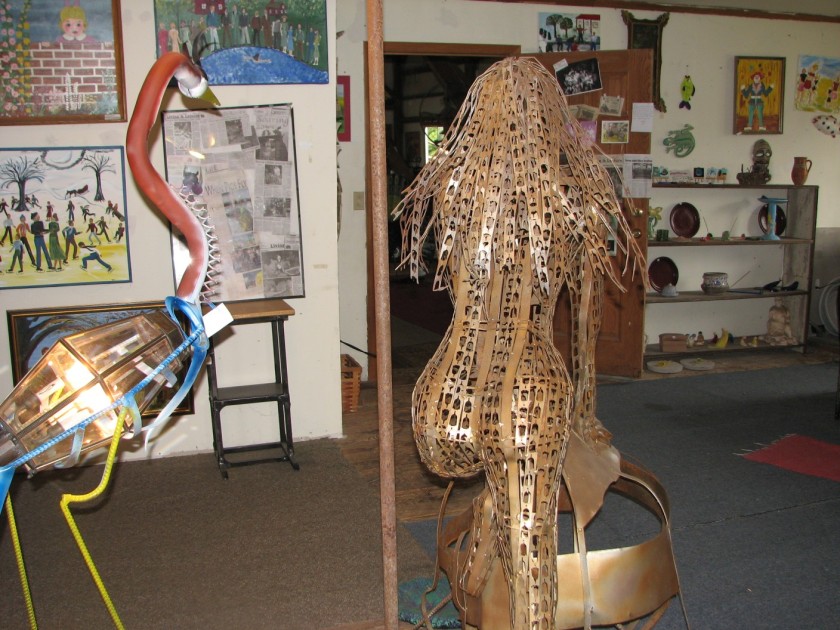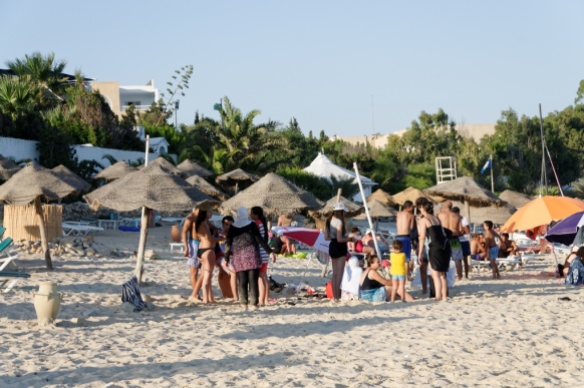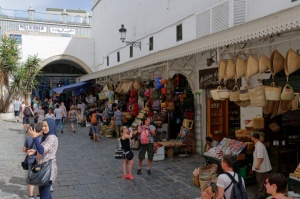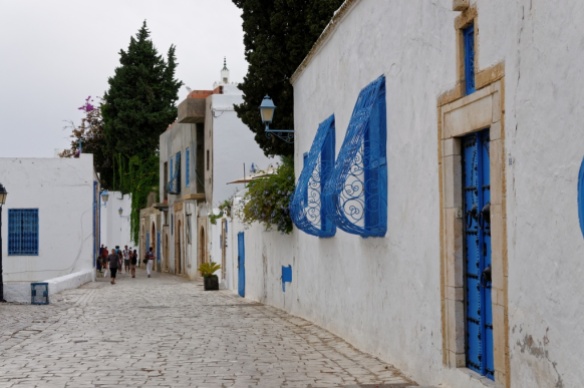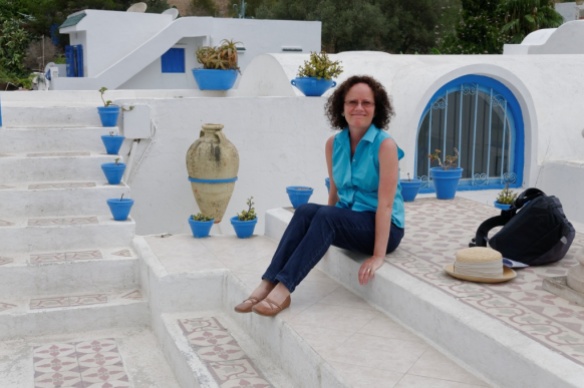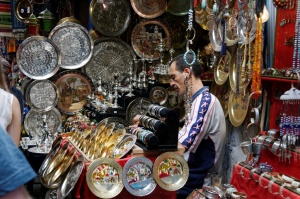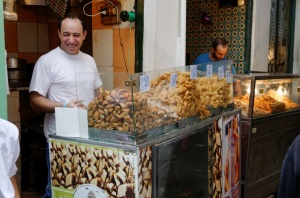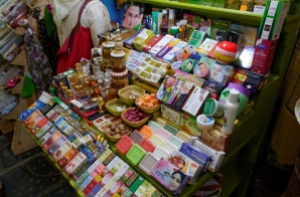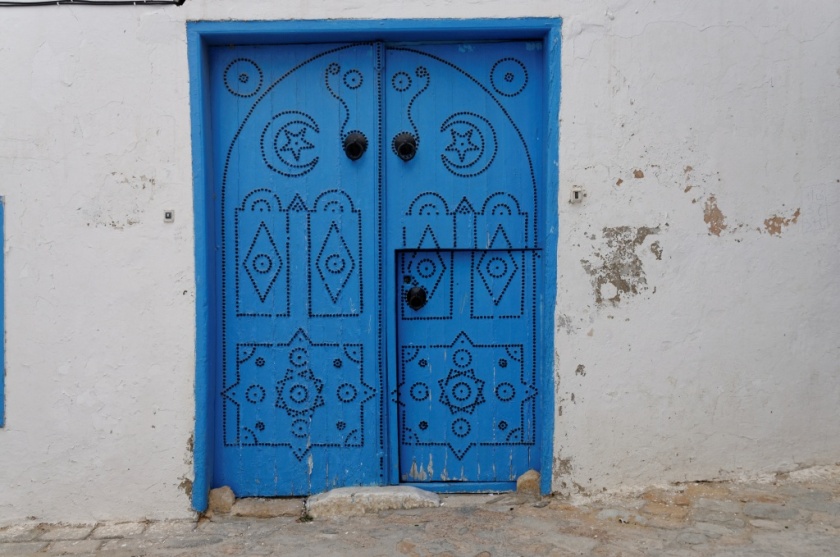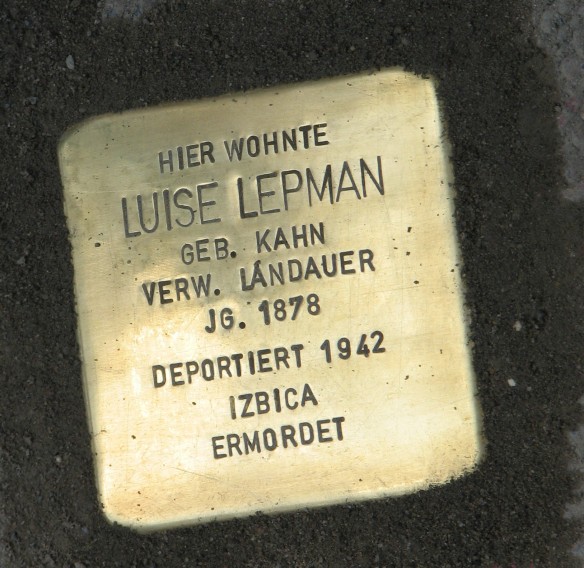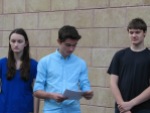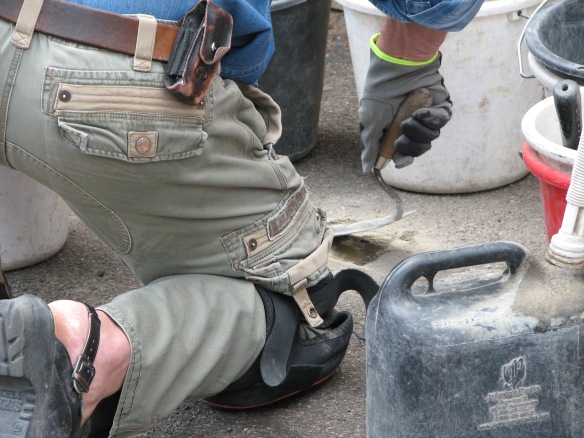I always feel a little strange when I recognize it’s time to mark milestones and I have several to announce.
This is my 99th blog post.
I’ve posted in these virtual pages twice a month since I began way back in September of 2012. It all started with my husband’s suggestion that I establish an Internet presence….
My published books are fiction, and this blog serves as a good place to present excerpts. Potential readers of my books might want a sample of my writing and a glimpse of the human being behind the words. It’s also a place for non-fiction essays. I get to explore ideas and topics that don’t need to be transformed for novels. Posting every other week is great writerly discipline. I’ve never missed a bi-monthly posting date!
My topics bounce all over the place like gleeful ping pong balls. I’ve written about current events like The Death of Robin Williams, Helping Refugees: Part 1 and Tunisia Without Terrorism, to the World Cup in The Year the World Came to Party.
I occasionally write about historic events, too. Several are 8:15 A.M., Amsterdam, and Stolpersteine 1: Tsunami Cowboy’s Stumbling Stones.
I riff on artists in Meet the One-Tracks and art, like the sacred sublime in Cathédrale Notre-Dame de Chartres or sacred sexual in The Erotic Architecture of Khajuraho. I profile art made by human hands Wine and Sculpture, Wildly Creative in Upstate NY: The Ferros of Little York, Egypt 1: We had the entire Valley of the Kings to Ourselves or found in Nature: The Music of the Heavenly Spheres, Steamy Rotorua! and It Was a Bitterly Cold -22°.
Art can serve as reminders to bring us together, as in Stolpersteine 1: Tsunami Cowboy’s Stumbling Stones and The United Buddy Bears.
Of course, I write about writers: My Sister & Maurice Sendak and Baum, Bats, and Monkeys. I quote my beloved Shakespeare with Egypt 2: Along the Nile. Even Colleen McCullough gets a mention in The Outback!
And I write about writing itself: The Gift of Gab, Someone Burned My Book.
Food has been a topic: My Mother-In-Law’s Cookies, Despair Is An Exotic Ingredient, Adventures in China’s New Territories 3: The 100-Pound Fish, Deep Fried and Served with Sweet & Sour Sauce, The Fork is Mightier than the Sword. A Blog Post in Which I eat Paris, The Salt Pits and A Visit to the Food Bank, Part 1 & 2.
Holidays have been fun, from You Rang? (the worst/best Valentine’s Day in history) to Happy Halloween!
My day job is as massage therapist, and sometimes I write about healing and medicine. Helping Refugees: Part 1, Massage in Indonesia: Lombok, Adventures in China’s New Territories 4: The Gods of Medicine, A Massage at Wat Pho are a few of the posts.
…. and this all began simply as a way to introduce my two novels Tsunami Cowboys and Broken In: A Novel in Stories. Both are available at amazon.com in book and eBook form.
It’s been a fun journey these last three years! Thanks to all of you for visiting these pages. I wish everyone the happiest of holidays. I’ll be back in the new year with an announcement. Milestone #2 is on the way!!!
# 99 # 99 # 99 # 99 # 99 # 99 # 99 # 99 # 99















